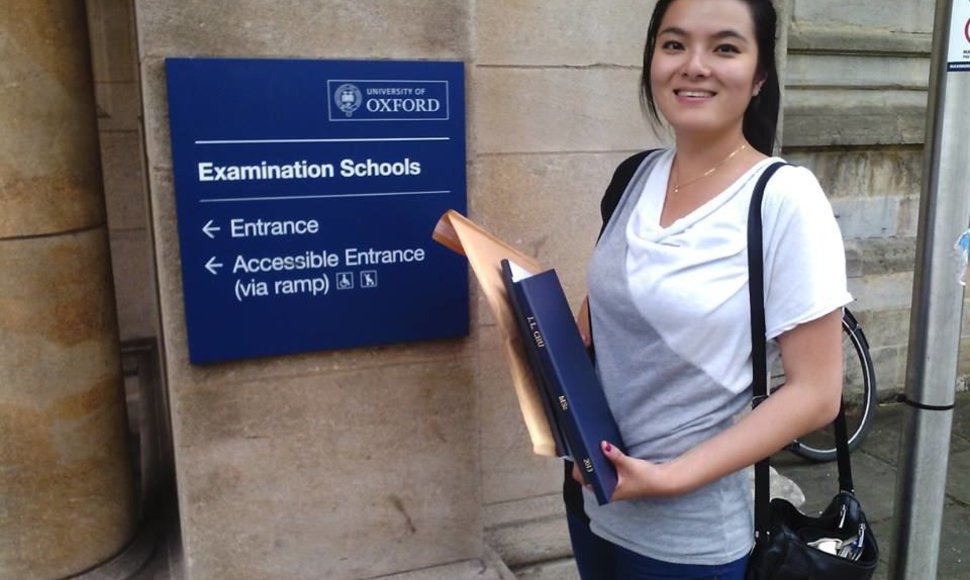Consistent Curriculum
Choosing an international school that has globally recognized curricula is the most flexible option for families who may be looking to relocate again in the unforeseen future- including those who have plans of returning to their home country. As children’s development depends on the curriculum provided, those who are looking for an international school must put the most attention on this factor- its transferability and recognition. Some of the most common choices are the International Baccalaureate, or Cambridge Assessment International Education (which shadows the English national curricula. Base your decision on what curriculum your child was taught before your move, where you may move to in future, and where they may end up studying at the university level. Consistency is key, and you can always find a connecting Cambridge International School or an IB World School, where you may be next.
Internationally-mined faculty
An ideal international school ensures that its faculty who will be delivering the chosen international curricula are recruited both locally and internationally to promote a diverse range of values and lived experiences. International school teachers should be experts in their fields and committed educators. They should be willing to differentiate in their classrooms based on difficulties that may stem more than from language barriers, solely. Great international school teachers should be willing to contribute to extra-curricular activities by sharing their hobbies with the school community and are committed to make the world a better place by contributing to the broader local community.
School ethos and culture
What kind of community atmosphere do you wish to embrace your child? What values do you want to instil in your child? When it comes to school ethos, it all depends on your personal beliefs- always try to find the school that best aligns with and reflects on your personal and your family values. It is also essential to peek into how the school value different cultures- the host or local culture, and the commonly found ‘third culture’ (also known as the TCK culture) which typically exists in international schools. Does the school encourage student interaction with others both locally and worldwide through connections to global networks? Does the school encourage language learning which reflects on the diverse languages that are spoken within the school community? Does the school promote doing good in the community and act accordingly? All of the above determines how your children will be able to participate in activities that expand perspective and connects them to peers around the world.
Logistics and Infrastructure
When looking for an international school, take some time to visit the school and see the facilities that the institution has. Excellent international schools create an atmosphere that inspires students to learn and support a world-class educational experience, where teaching and learning can be complemented and organically enhanced. Campuses should be exceptionally designed in a way as to foster interaction and collaboration, with school spaces being flexible, open and provide students easy access to resources such as technology. A right international school should consist of a library collection that reflects what the school promotes- international-mindedness and culture and language diversity in the school.
Personalized Learning and Needs
When looking for an international school, check that the school provides strong learning support and social and emotional support to assist with the integration of the new students. If your child isn’t an English speaker, ensure that there is a programme in place to get their language ability up to the required level in time. Look at whether the school can make space for the host or local language, and the child’s native language. Language teachers do not necessarily need to be native speakers to make language teaching legit, but it is an excellent way to determine whether the school is open to making space for diverse needs and best serve who they claim to serve. Also, as the demographic of international schools usually implies a rather fluid student population, with old students leaving and new students joining frequently. The school needs to be prepared to support the social and emotional baggage that come hand-in-hand with the rather romantic sounding ‘nomadic upbringing’. Schools need to acknowledge that integration does not only happen organically, but the international families can always rely on an excellent international school to understand their needs with more empathy and fewer assumptions, where every child’s story is unique and deserves their full attention.














